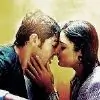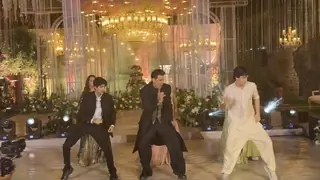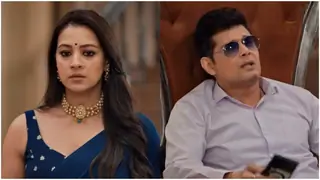Adrianne Palicki Joins NBC's 'About
a Boy' (Jessica Moore)
https://www.hollywoodreporter.com/live-feed/friday-night-lights-reunion-adrianne-673560?
Adrianne Palicki (Supernatural's
Jessica Moore) has booked a guest
arc on the comedy starring David
Walton and Minnie Driver, The
Hollywood Reporter has learned.
p.s havent posted the whole article just the spn part and main news😳




















